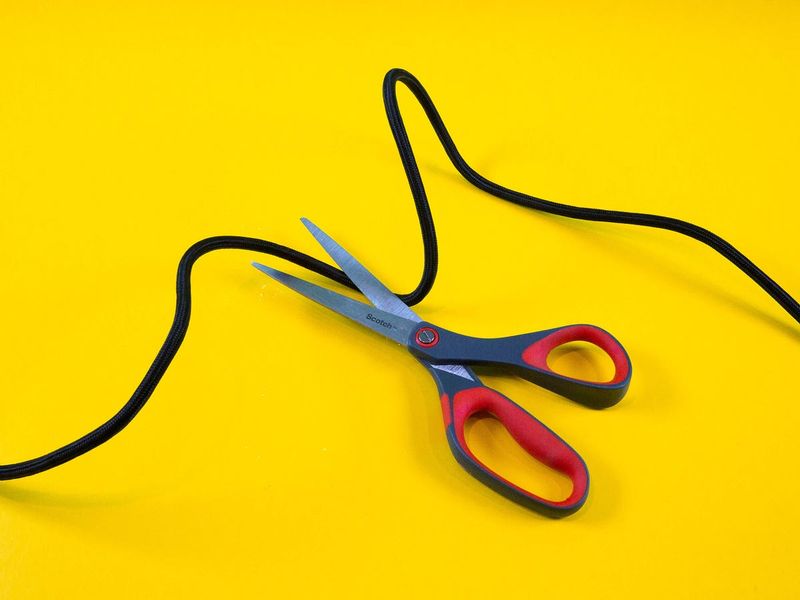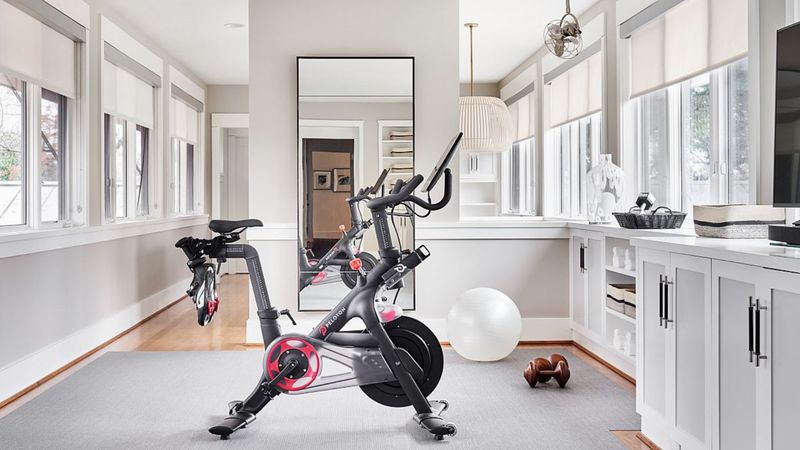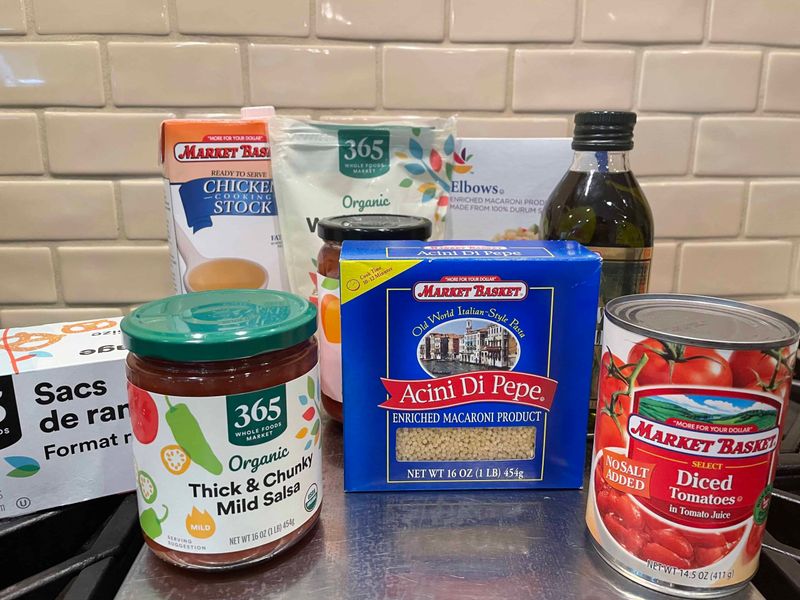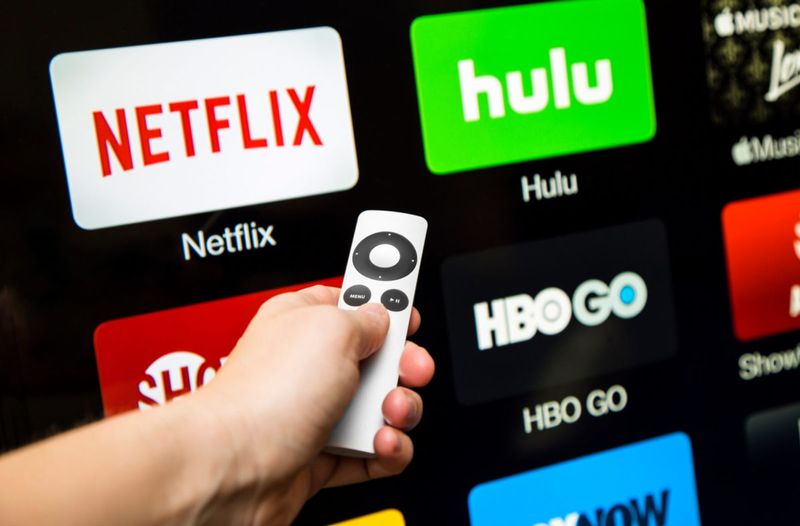Living a frugal lifestyle doesn’t mean depriving yourself — it means being smart with your money and cutting out the expenses that don’t add real value.
Many people spend money out of habit, convenience, or because they’ve never stopped to question the cost. But small changes can add up to big savings, especially when you stop paying for things you can easily do without.
If you’re looking to stretch your paycheck further and make intentional financial choices, start by examining your everyday expenses. Chances are, you’re paying for at least a few of the things on this list — and it’s time to stop.
1. Bank Fees
Monthly bank fees, overdraft charges, and out-of-network ATM costs are more than just annoying — they’re a waste of your hard-earned money. These expenses can chip away at your savings without you even realizing it.
Instead of accepting these fees as unavoidable, shop around for a bank or credit union that offers no-fee checking or savings accounts. Many online banks eliminate common charges and offer better interest rates.
Being mindful of your account balance, setting up low-balance alerts, and avoiding ATMs that charge extra are small habits that go a long way. Frugal individuals don’t let their bank take a cut for no reason.
2. Cable TV
There’s a good chance you’re overpaying for dozens of cable channels you don’t even watch. With cable bills often reaching $100 or more per month, this is one of the easiest expenses to cut.
Streaming services offer more flexibility, fewer ads, and lower monthly costs. Frugal people take it a step further by choosing only one or two services, rotating subscriptions, or using free options like YouTube and digital antennas.
Not only does ditching cable save money, but it also cuts down on mindless screen time. For many, it’s a win-win — less clutter in your budget and your living room.
3. Bottled Water
Buying bottled water may seem convenient, but it’s one of the most overpriced products out there. You’re paying up to 2,000 times more than what tap water costs — and that adds up quickly.
Frugal individuals opt for reusable water bottles and invest in a good filter for their home. Whether it’s a pitcher filter, a faucet attachment, or a fridge unit, the savings over time are huge.
On top of the cost, there’s the environmental impact. Avoiding plastic waste and sticking to refillable bottles is both wallet- and planet-friendly. Why pay for something you can get nearly free at home?
4. Gym Memberships You Don’t Use
Good intentions often lead people to sign up for gym memberships, but if you’re not showing up consistently, that monthly fee is going to waste. Many memberships range from $30 to over $100 — a big bite for something unused.
Frugal people either use the gym regularly or cut it out entirely. Home workouts using free YouTube videos, bodyweight exercises, or a set of dumbbells can be just as effective.
Others get creative with outdoor runs, hikes, or fitness apps. The key is staying active without throwing money at a facility you don’t need. Convenience shouldn’t come at such a high cost.
5. Extended Warranties
Salespeople love to push extended warranties, but in many cases, these protection plans are rarely worth it. Most products don’t break during the extended warranty period — and if they do, the cost of the plan might exceed the repair.
Frugal consumers weigh the actual risk and consider product reliability before tacking on extra coverage. Many manufacturers already include a basic warranty that’s sufficient.
Plus, credit cards often offer purchase protection or extended warranties as a free benefit. Instead of giving in to pressure at checkout, frugal folks save that money and build their own “just in case” fund instead.
6. Name-Brand Products
Brand loyalty can be expensive — especially when the store-brand version is sitting right next to it for a few dollars less. Most of the time, the ingredients and quality are nearly identical.
Frugal shoppers focus on value over logos. They compare labels, test alternatives, and switch when the generic option delivers the same results. This goes for food, medicine, cleaning supplies, and even clothing.
Marketing is powerful, but it doesn’t guarantee better quality. Learning to question why you choose a particular brand can lead to serious savings. Being frugal means prioritizing substance over flash every time.
7. Late Fees and Interest Charges
Missing a payment or carrying a balance on your credit card can quickly undo all your budgeting efforts. These fees can sneak up on you, turning a manageable bill into a financial headache.
Frugal individuals stay organized to avoid these traps. They set payment reminders, automate bills when possible, and keep track of due dates. Some even pay credit card balances multiple times a month to avoid interest entirely.
These habits don’t take long to implement but save a ton of money in the long run. Avoiding financial penalties is one of the cornerstones of a frugal mindset.
8. Trendy Clothing
Fast fashion might seem affordable, but chasing the latest trends often leads to wasteful spending and a closet full of things you barely wear. Styles change, but good budgeting habits never go out of fashion.
Frugal people build their wardrobe on timeless, durable basics that mix and match easily. They look for quality over quantity and avoid impulse shopping based on trends that fade quickly.
Thrift stores, outlet deals, and clothing swaps are great ways to stretch your wardrobe budget. Fashion doesn’t have to be expensive — it just has to be thoughtful. Your wallet will thank you.
9. Daily Coffee Shop Runs
Grabbing a latte on your way to work might feel like a small indulgence, but daily coffee runs can cost upwards of $100 a month — more than $1,000 a year. That’s a habit frugal people skip.
Brewing coffee at home is not only cheaper, but you can customize it to your exact liking. With a quality coffee maker or even a French press, your morning brew becomes a luxurious ritual — without the $5 price tag.
Packing your coffee in a reusable mug still gives you that “coffee shop vibe” on the go. Small savings like this make a big difference over time.
10. Subscription Services You Don’t Use
It’s easy to sign up for subscription services, and even easier to forget about them. From music platforms to subscription boxes to fitness apps, these “small” charges add up fast.
Frugal individuals regularly audit their bank statements for recurring charges. If it’s not being used or doesn’t bring enough value, it’s gone. They also avoid trial offers unless they’re sure they’ll cancel on time.
By trimming down to just the essentials, they keep their budgets lean and flexible. Paying for convenience is fine — but only if it’s actually being used. Otherwise, it’s just silent money leakage.












Comments
Loading…